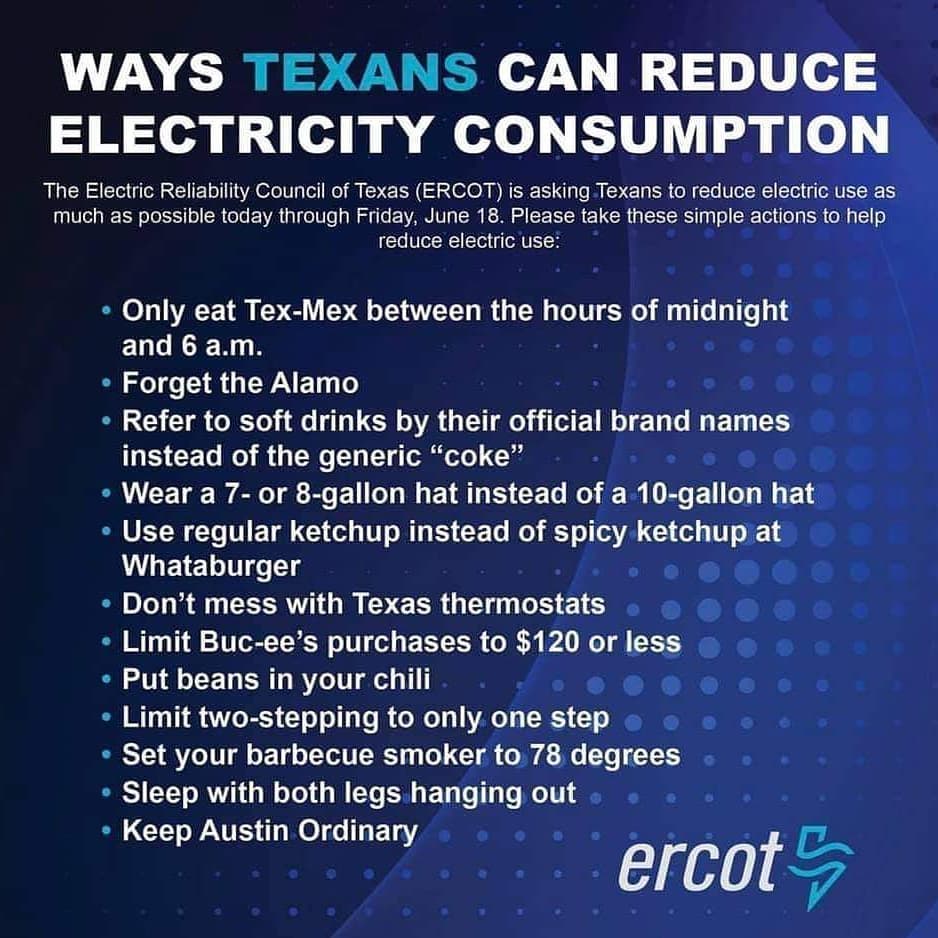Well, at least some government entities are trying to learn from the February disaster, even if they’re having a rough go of it.
Ten months after the freeze, Texas cities have made some headway on storm preparedness, an oft-neglected area of local government. They have bolstered reserves of bottled water for residents in case of water outages, bought tire chains for city emergency vehicles, and implemented measures intended to shorten potential power outages for residents and keep electricity flowing to critical facilities.
But as winter approaches and the electrical grid remains vulnerable to blackouts, cities are still short on two key fronts: making sure their most vulnerable residents have the information they need to survive a similar calamity and that the water stays on. Many preparations cities are undertaking to protect residents against future disasters will take months, if not years, to put in place, city officials have said.
And worries abound that officials didn’t learn the lesson and will neglect to adopt new readiness measures — as they have after past disasters.
Austin officials failed to make emergency preparations before February that may have helped during the winter storm, despite past recommendations to do so, according to a recent report conducted by city auditors. Austin has adopted only a sliver of the recommendations made in the wake of other recent calamities, the report says.
“It’s extremely frustrating, and we need systems in place that don’t let that happen again,” Austin City Council member Alison Alter said during a meeting on the report’s findings last month.
Emergency officials say part of the reason those calls haven’t been entirely heeded is that large-scale disasters are becoming increasingly common as climate change worsens, making it more difficult to learn from the last one before the next one hits. On top of that, responding to the COVID-19 pandemic has stretched emergency responders thin.
“There hasn’t been enough time in between them to look at all those corrective actions,” Juan Ortiz, who heads Austin’s Office of Homeland Security and Emergency Management, told a council committee in November. “That really has caused the congestion in work that needed to be done.”
[…]
In San Antonio, city and utility officials are scheduled to deliver a joint emergency communications plan at the end of the month. An important question they are expected to address is how to communicate ahead of and during a storm with residents who don’t have internet access to begin with — like many residents on the city’s South Side.
Those residents can’t be left out in the cold, said council member Adriana Rocha Garcia.
“A preparation checklist should be on a door hanger for every vulnerable community to be able to just literally go out and get it from their doors so that they know exactly what to do, exactly who to call in case of an emergency during a winter storm,” Rocha Garcia said.
Now do the story about what Greg Abbott has learned from the experience and what he’s doing about it. Oh, wait…

